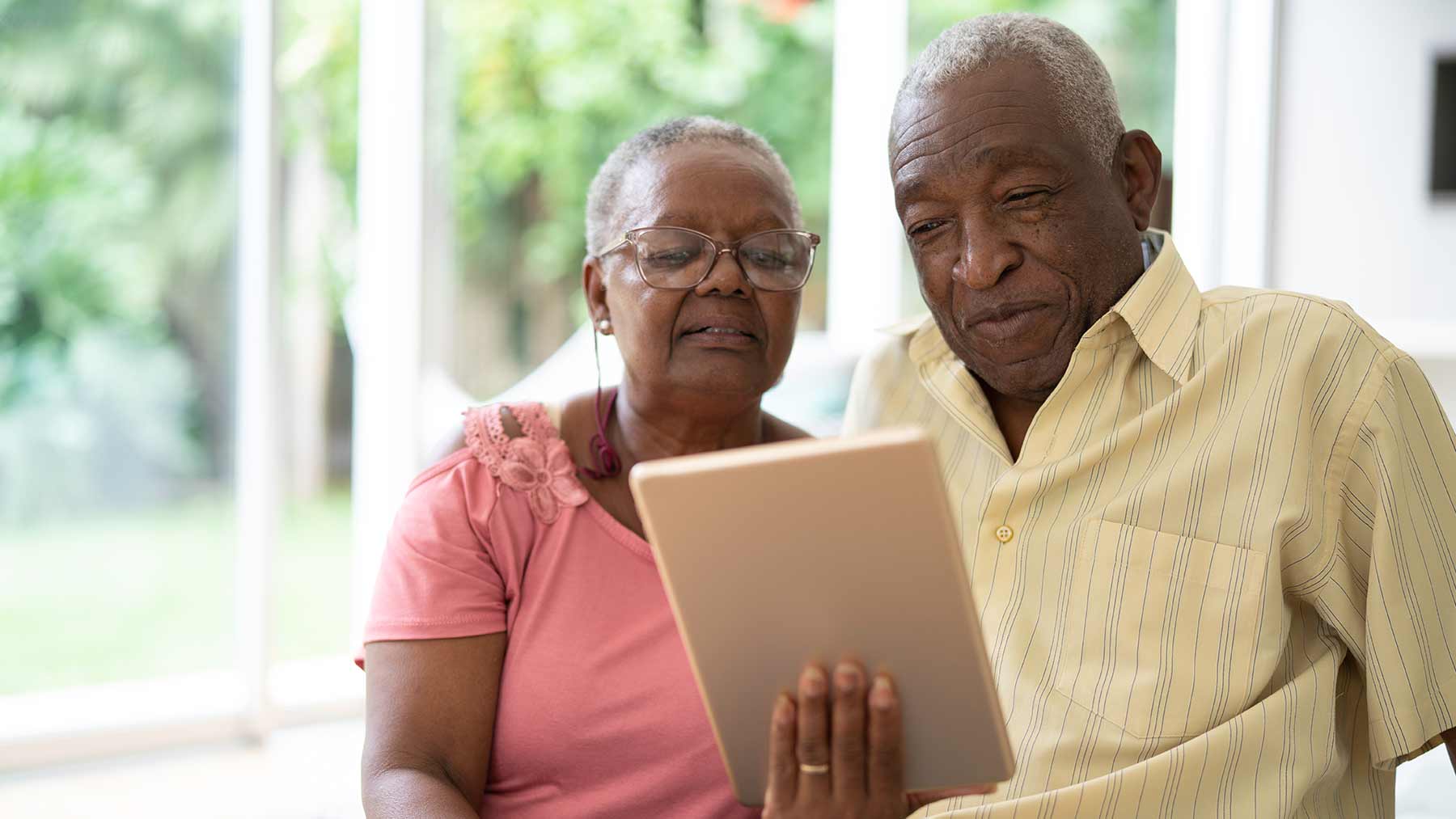
Older people who use TikTok to challenge old stereotypes
Older users of TikTok are using the online platform, considered the virtual playground for teenagers, to challenge the stereotypes of older people as technophobic and fragile.
Research has found a growing number of accounts belonging to users aged 60 and over with millions of followers. Using the platform to showcase their energy and vitality, these TikTok seniors are rewriting expectations about how older people should behave both on and off social media.
“These TikTok elders have become successful content creators in a powerful countercultural phenomenon in which older people actually challenge the stereotypes of old age by embracing or even celebrating their old age,” he said. Dr. Reuben Ng, author of Not Too Old. for TikTok: How Older Adults Are Rethinking Aging and an Assistant Professor at Yale University.
Interestingly, Ng said, most TikTok seniors are women who “fiercely resist the common stereotypes of older women as passive, soft and weak modalities, rather than choosing to present themselves as ferocious or even bad ones, ”he said.
The sheer reach of these great TikTok users means that they have the potential to transform the negative old stereotypes that proliferate on social media.
“There is considerable evidence that age stereotypes predominate among young people on social media,” Ng said. These prejudices reached an all-time high during the Covid pandemic, during which the deadly virus was labeled a “boomers killer.”
“The strength of prejudice against old age means that the participation of older people on social media is vital to ensuring that these anti-aging ideas do not go unchallenged,” said Ng, whose paper will be published in Gerontologist magazine.
The paper analyzed 1,382 videos posted by TikTok users who were 60 or older and had between 100,000 and 5.3 million followers. In all, his videos, all of which spoke explicitly about his age, had been viewed more than 3.5 billion times.
Ng found that 71% of these videos, including accounts such as grandadjoe1933, which has 5.3 million followers, and dolly_broadway, which has 2.4 million followers, were used to challenge old stereotypes. . A recurring motif was “glamma,” an acronym that combines “glamorous” and “grandmother,” with videos that include those of a 70-year-old woman who paraded merrily through the streets with a tummy tuck.
Nearly one in five of the videos analyzed revealed age-related vulnerabilities, and one in 10 denounced statism among both the youngest and their contemporaries. Other videos ranked older users as superior to younger ones. “You may be 86, but I can still drink more than your light weights,” says one clip. “He may be 86, but I can still twerk better than you,” says another, who shows an octogenarian jumping down a flight of stairs with a twerk.
The Pew Research Center’s analysis found a significant adoption of technology by older Americans in recent years: in 2000, 14% of people over the age of 65 were Internet users; in 2019, it was 73%. Only half of adults had smartphones in 2014, 81% of those aged 60 to 69 have them today.
Emma Twyning, communications director at the Center for Aging Better, said: “We need to see a lot more diverse representations if we want to really change attitudes and eliminate negative perceptions of growing up. Social media is the perfect platform to do that. and call it age more generally. “
Stuart Lewis, CEO of Rest Less, said TikTok was the perfect platform for middle-aged influencers to step on stage and challenge age stereotypes. “Creators are encouraged to be original, raw and unedited, which makes it the ideal soap box to put on if you want a space to disprove stereotypes and be your uncensored self,” he said. .
Professor Fiona Gillison of the Healthy Later Living Network at the University of Bath, who is leading the work on challenging stereotypes about aging, said the study was important. But he added: “There is a balance when it comes to challenging stereotypes about aging while accepting that it is okay to want things different from the younger ones as we get older and accepting that our interests and abilities may change.” .
Ultimately, he said, people need to “remove the stigma of the need for adjustments as we age and at the same time challenge the assumptions that may accompany them. For example, having a hearing aid somehow means that we are “fragile” or “infirm” in other ways.

Comments are closed.